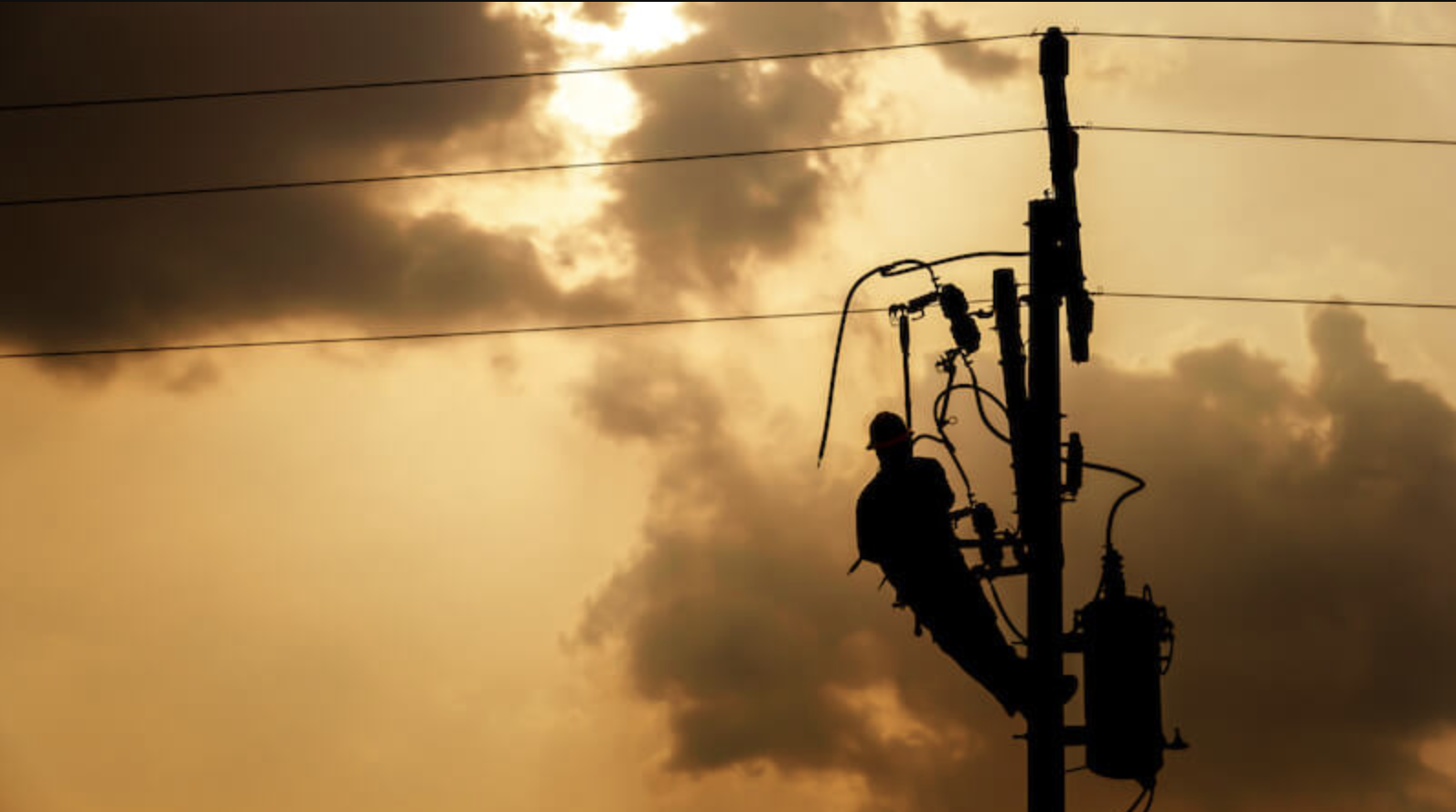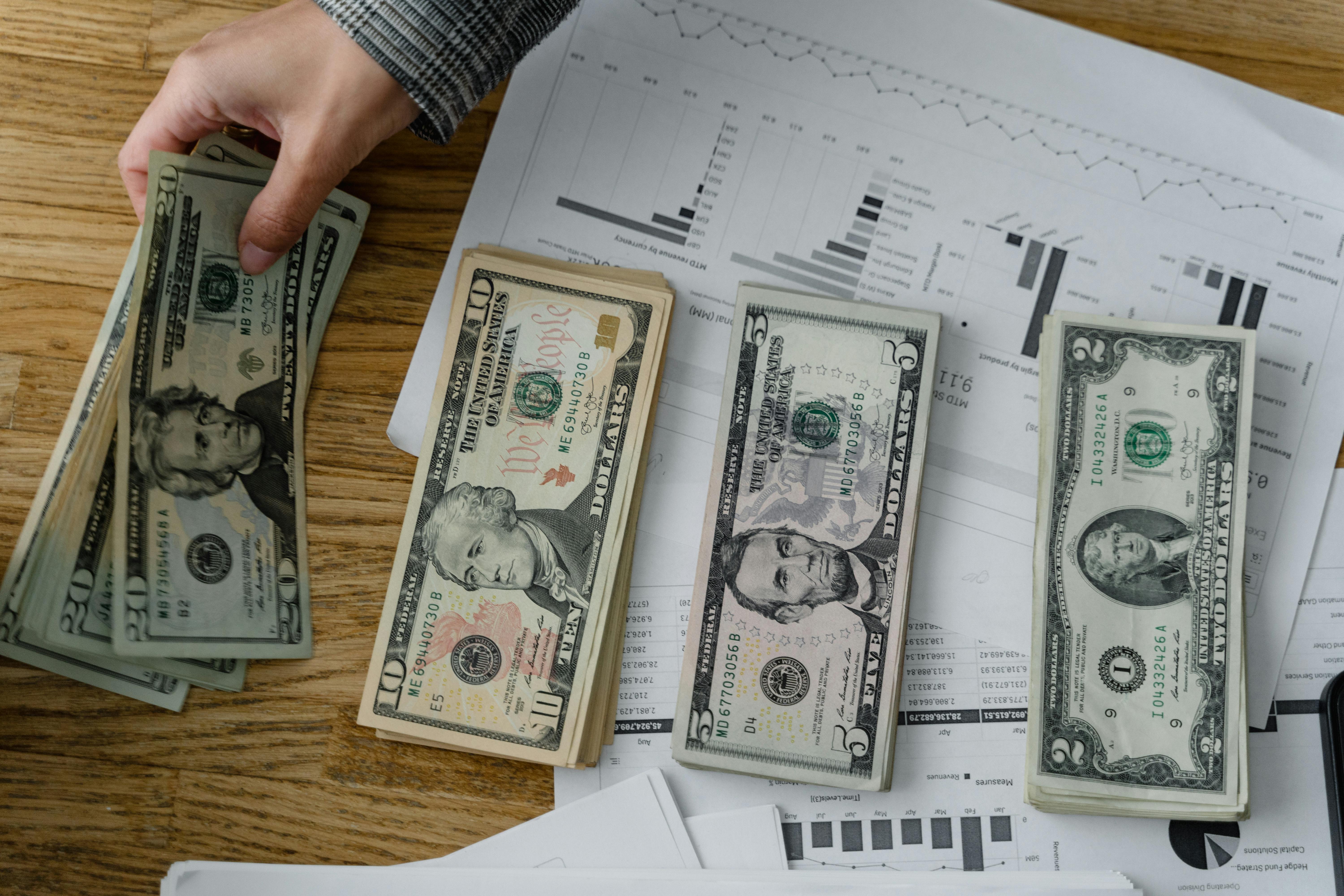
Hotel Energy Consumption & Conservation Methods
Learn about Hotel utility expenses and how to reduce them with cost-efficient energy conservation methods.
Hotels consume a lot of energy to operate. A hotel's energy requirements range, including year-round temperature control, industrial kitchen management and room lighting, but keeping guests happy and comfortable is always a priority. Energy conservation methods can help hotel owners reduce overhead costs. If you're looking for ways to use energy more efficiently in your hotel, try some of the following strategies.
Hotel Energy Consumption Statistics
Just how much energy does a hotel use? Energy consumption varies widely depending on several factors, such as:
- Square footage
- The number of workers
- Refrigeration units and cooking facilities
- Rooms per area
- Heating and cooling needs
These factors affect hotel energy consumption per room and for the entire facility. For instance, hotels with industrial kitchens and commercial refrigeration units use more energy than other hotels. Hotels in areas of extreme weather have greater demand for heating and cooling.
According to data gathered by the Environmental Protection Agency, American hotel energy use intensity (EUI) scores range from under 100 to over 800 thousand British thermal units per square foot (kBtu/ft2 ), with a median score of 187. On average, hotels spend $2,196 on energy per room each year, which makes up about 6% of all operating costs.

Hotel Energy-Saving Solutions
Keeping up with energy demands takes careful consideration and some adjustments for your operations. Thankfully, plenty of technology is available to help minimize costs while reducing a hotel's carbon footprint.
Solar Panels for Hotels
One solution is to invest in alternative energy technology, such as solar panels. You might choose to buy or lease solar panels for your hotel. Switching to solar can drastically reduce your energy expenses and decrease your hotel's carbon footprint.
Advantages of Solar Energy in Hotels
You'll enjoy many advantages when you invest in solar technology for your hotel, including the following:
- Investment tax credits and incentives: If you buy your solar equipment, you can claim substantial federal tax credits and incentives, offering you long-term financial benefits.
- Lower monthly costs: Taking advantage of net-metering programs and other solutions can reduce your monthly energy expenses.
- Attracting eco-conscious guests: Those who are eco-conscious seek businesses that invest in alternative energy. Investing in solar is an effective way to stand out among your competition.
- Short-term and long-term savings: Under the right circumstances, you'll start to see monthly savings immediately. You'll also be able to enjoy long-term savings when you finish paying off your solar equipment.

Other Devices and Technologies
Alternative energy can help you save on energy costs while reducing your carbon footprint. You can also use other forms of energy conservation technology in hotels, including the following:
1. Smart Thermostat
Climate control is necessary for any hotel. Smart thermostats can help you keep up with climate control demands in the most efficient way possible. These thermostats allow you to program automatic temperature settings based on daily schedules, weather changes and other factors. Some also allow the user to program energy use based on occupancy, using sensors to monitor occupancy in real time. You can make the most of the energy you use with a smart thermostat.
2. Updated Heating, Cooling and Ventilating (HVAC) System
You should also make sure you have the most up-to-date and efficient HVAC system. HVAC professionals improve the technology every year — if you're using an outdated system, your energy use may not be as efficient as it could be. Consider updating your hotel energy management systems.
3. Smart Lighting Technology
It's also a good idea to invest in smart lighting solutions. First, switch to light-emitting diode (LED) bulbs, which can be as much as 75% more efficient than incandescent bulbs while lasting 25 times longer. Then, install an automatic sensor system so lights turn off when not in use. Another idea is to make better use of natural light — if possible, consider installing more or larger windows throughout your hotel.
4. Automatic Shutdown Sockets
A source of energy drain for many hotels is something called "vampire power." Basically, when appliances are left on standby, they continue to draw energy. An automatic shutdown socket uses infrared sensors or timers to decide when to cut off power to connected devices, eliminating the issue of vampire power.
Energy Conservation Methods in Hotels
Once you've made some technological upgrades, you can further reduce your energy expenses with these energy-saving solutions for hotels:
1. Repair Insulation
One of the most effective ways to reduce the burden on your HVAC system and save on energy costs is to keep your insulation in good shape. Hire a professional to walk through your hotel and look for areas where air is escaping. You should also use weatherstripping to seal cracks around your windows and doors.

2. Change Air Filters
Check your HVAC air filters often, at least once a month or so — more often during the coldest and hottest parts of the year. If a filter looks dirty, swap it out. As a rule of thumb, you should change your filters at least once every three months. When air filters get dirty, they make your HVAC system have to work harder to keep temperatures consistent. In that way, dirty filters contribute to your business's energy costs.
3. Repair Leaking Taps
Keep a careful eye on your hotel's water fixtures. Leaking pipes will drain your operating expenses, causing other issues along the way. In fact, a leaking pipe can become a health concern, as mold thrives in a dark, moist environment. It can also lead to significant property damage in your foundation, drywall and other areas. Keep up with plumbing maintenance and repair leaky pipes right away — it will help reduce your energy costs and could prevent greater costs, as well.
4. Assign Guests to Adjoining Rooms
Assigning your guests to nearby rooms will allow the heating or cooling of one room to act as a buffer or insulator for the other, reducing your temperature control needs. Gather guests in nearby rooms to simplify your heating or cooling.
5. Close Wings or Floors
When you anticipate a period of low occupancy, you can save a lot of energy by closing off wings or floors of your hotel. Why light up, heat or cool an area of your hotel no one is staying in? This strategy is an effective way to cut back on your operating costs during your off-season.
Make Sure You're Getting the Best Energy Rate
Hotels use a lot of energy for a variety of purposes. Taking steps to increase energy efficiency can help hotels save money. At the same time, it reduces your carbon footprint and increases your eco-conscious marketability. Several different methods can help you improve your hotel's energy efficiency, such as switching to solar power, upgrading your technology systems and keeping up with maintenance tasks.
You can also save on energy by making sure you're getting the best energy rates with EnergyBot. When you use EnergyBot, you'll find the right energy plan for your unique needs and can switch online within minutes. We supply you with the lowest rates you can find online. Get started — compare energy rates online with EnergyBot.
Written by Thad Warren
Thad is a native Texan who has worked in the energy industry for just over 5 years.
Connect
Recent Posts
How to Report a Power Outage In Your Area
Ever found yourself in a sudden blackout? Here's how you can report a power outage quickly and effectively.
April 2024

4 minutes

Ways to Receive Financial Assistance With Your Electricity Bill in Texas
Struggling with utility bills in Texas? Discover programs and resources to help you manage utility costs.
April 2024

5 minutes

Provider Comparison: TXU Energy vs Green Mountain Energy
TXU Energy vs Green Mountain Energy. See which provider we recommend to power your home or business in Texas.
March 2024

4 minutes



